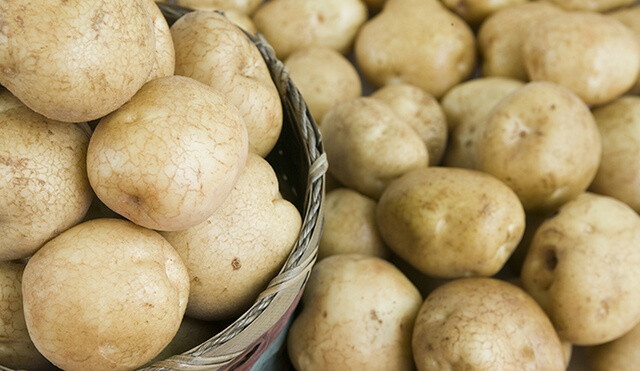
Seoul – The South Korean government's decision to approve the import of genetically modified (LMO) potatoes from the United States has ignited a fierce backlash from political circles and agricultural organizations. The Rural Development Administration's "risk suitability" assessment, which concluded that the LMO potatoes pose minimal threat to domestic crop environments, has been met with staunch opposition, raising concerns over food safety and the potential impact on local farmers.
The controversy centers on the Simplot Company's SPS-Y9 LMO potato, which has passed the Rural Development Administration's environmental risk assessment. The final hurdle for import approval now lies with the Ministry of Food and Drug Safety, which must conduct a human safety assessment.
Critics argue that the introduction of these LMO potatoes could have severe repercussions for South Korea's potato industry. Concerns have been raised about the lack of labeling requirements in restaurants and the potential for these potatoes to be cultivated domestically, which could lead to unforeseen environmental and health consequences.
"The safety of these LMO potatoes has not been adequately verified," stated Kang Soon-joong, policy chairman of the Korean Peasants League. "The government's decision appears to be driven by US trade pressure, rather than a thorough assessment of the risks involved."
Civic and agricultural groups have joined forces, demanding an immediate halt to the import approval process. They emphasize the need to protect public health and ensure the sustainability of South Korea's agricultural sector.
"We cannot compromise on food safety," declared Song Ok-joo, a member of the Democratic Party of Korea. "The potential risks associated with these LMO potatoes must be thoroughly evaluated."
As the debate intensifies, the South Korean government faces mounting pressure to reconsider its decision and prioritize the concerns of its citizens and farmers. The outcome of this controversy could have far-reaching implications for the future of South Korea's agricultural landscape and food safety standards.
[Copyright (c) Global Economic Times. All Rights Reserved.]






























